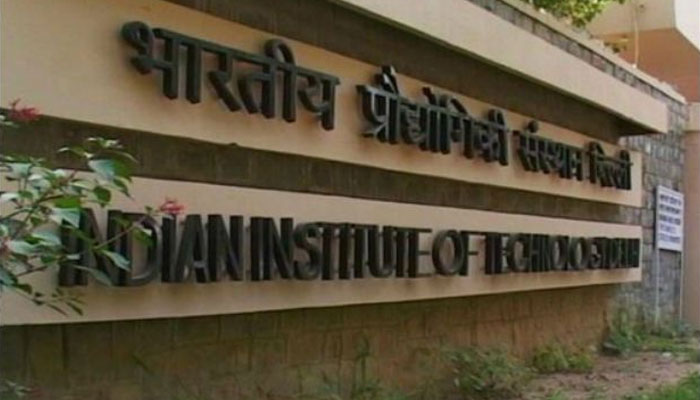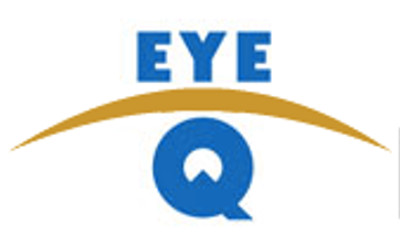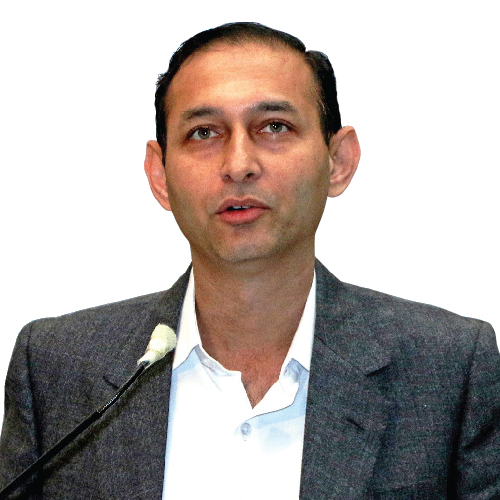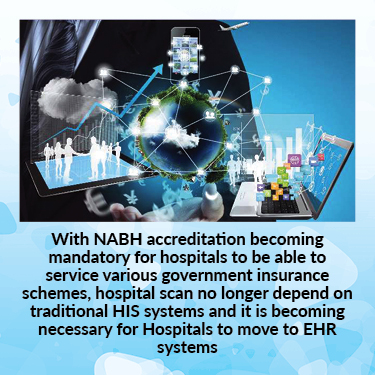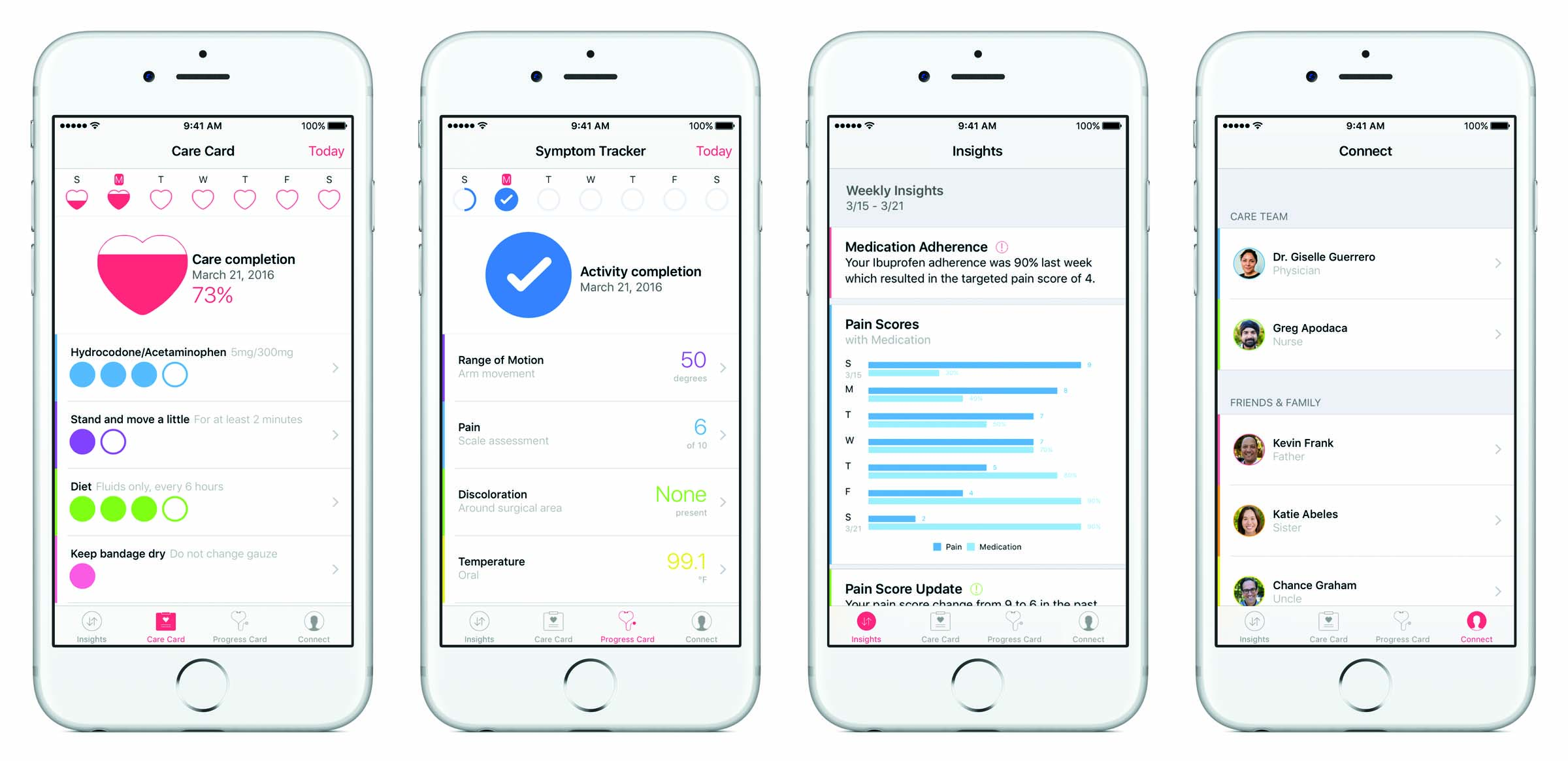How significant are the multi speciality hospitals for 72% of India¯¿½s population who are living in rural areas and for more than 70% of urban population who are underprivileged are living on less than a dollar a day? Smile on Wheels is a national level mobile hospital programme from Smile Foundation, catering to the underprivileged children and women in remote rural areas and urban slums.
Q. How large is your current fleet of mobile hospital vans and what is the strength of doctors and nurses?
A. Smile Foundation has 5 mobile hospitals which are operational from many stations such as Pune (Maharashtra), Cuttack (Orissa), Bhilai (Chhattisgarh), Roorkee (Uttarakhand) and Kolkota (West Bengal). Two new projects for the slum population of Delhi and Chennai are ready to be operational from May 2008.

Each vehicle carries a qualified medical team. However, the team at times changes composition, expertise wise, making it responsive to community health needs. Usually the team consists of 2 Doctors – 1 general practitioner in routine manner and the other doctor being either a gynaecologist or paediatrician or dermatologist or ophthalmologist etc; assisted by 1 nurse/ANM, 1 social/health worker, and the driver.

Q. Does Smile Foundation work with ANMs and ASHAs?
A. Smile Foundation has tied up with NGOs, corporate trusts and charitable hospitals which are very active in their respective locations in health related activities. These organisations implement the ¯¿½Smile on Wheels¯¿½ projects in the field by recruiting the required medical staff, tying up with local medical practitioners, local civic bodies etc. Hence the tie ups with ANMs and ASHA¯¿½s or village health workers are done through the respective implementing partners in these locations.

Q. What is the system for procuring and distributing medicines?
A. The local partners of Smile Foundation have got their static and charitable hospitals at all locations. Medicines are procured regularly as a part of the ongoing healthcare activities at these hospitals. Requirement for Smile on Wheels projects are also made from the current sources. Local medical practitioners as well as government health departments are also approached for procuring medicines. Smile Foundation has been getting cooperation in most of the cases as Smile on Wheels is supplementing health services where the same is not adequate owing to various reasons.

As a strategy, Smile Foundation ties up with very renowned local organisations which are headed by medical doctors and has good professional linkages. Hence the operations are managed with efficiency and professionalism.
The medicines are distributed either free or at a much subsidised rate to the patients during the regular OPDs during the visits by the Smile on Wheels.
Q. How often is a location visited and for what length of time? How is the follow-up conducted?
A. The locations are fixed on a weekly basis for about 3-6 hours at a time. Locations which are far off are visited fortnightly. Urgent cases are referred to either the static hospitals or other charitable and government hospitals.
Follow-up is crucial and is meticulously designed through raising a cadre of community-based volunteers and workers, who are properly trained or oriented and linkages established with local Government facilities. Also Smile on Wheels team is kept informed of any eventuality or special needs for services which remain functional in vicinity – not very far from cases needing follow-up care and advice.
Q. Are the mobile hospitals linked to one another and to any government or private hospital? Where are patients referred to in case they need advanced treatment?
A. Establishing referral network with nearby governmental and private health care facilities is an intrinsic component of the programme to the extent that possible facilitation is also done to help people avail of needed services from such outlets. Governmental as well as private and charitable outlets in vicinity with specialized facilities (TB/Leprosy/ RTI/STI etc.) are referred to.
As Smile on Wheels mobile hospitals are operational in different locations across different states hundreds of miles apart from each other, linking each other does not make any sense. However, necessary technology is being developed centrally at Smile Foundation for online tracking of movement of the mobile hospitals and also computer facilities being installed inside mobile hospitals for concurrent information feeding.
Q. Does Smile Foundation have a tie-up with any corporate to provide medicines and/or equipment?
A. Negotiations with various corporate and pharmaceutical companies are on for possible partnership and strategic tie-ups for multiplier effects; resulting into resources mobilization in the form of financial, technical and expertise.
Q. Is ¯¿½Smile on Wheels¯¿½ integrated with ¯¿½HEALTH with SMILE¯¿½, your other initiative, in any way?
A. Smile on wheels so far has been confined to very specific locations providing for comprehensive medical healthcare services. Health with Smile is a camp based approach and a short term intervention initiated in locations where Smile Foundation has its own regional office or various other projects.
Depending upon similarity or proximity in locations, Smile on Wheels and Health with Smile Programmes are integrated occasionally.
However, as Smile on Wheels as well as other programmes of Smile Foundation expand gradually to locations which are common or nearby, both these projects will be integrated.

Q. What are the future plans for Smile on Wheels programme?
A. Smile Foundation aims to run 30 mobile hospitals under Smile on Wheels programme across 30 locations covering almost all needy states in India. Smile Foundation is also working on an online MIS [management information system] which links the field information to strategic management. Thus, it will help Smile Foundation in monitoring the programme and ensuring efficiency.
Smile Foundation is also working on making customized mobile hospitals according to the requirement of specific locations. Very soon, all Smile on Wheels mobile hospitals could be monitored through advanced global‚ ‚ positioning system [GPS] which is going to put the programme at par with international standard.
Q. Reason for stationing the mobile hospitals in cities or urban centres?
A. Stationing mobile hospitals in a city town is done for strategic reasons like repair and maintenance of vehicle, taking varied medical and health expertise from urban to rural areas, drugs and equipments availability etc.
Also the fact that mobile hospital comes back to the city, acts as a motivating factor for medical experts who remain wary of rural stations for obvious reasons. Doctors and other medical staff work in the rural areas living in urban centres.
Smile on Wheels
Working Model
Smile on Wheels operates by taking well-equipped medical van along with specialized doctors, nurses, medical staff, equipments and medicines to the identified villages/slums in a systematic manner. Smile on Wheels vans cover the rural or slum areas in the vicinity where either no governmental health care facilities exist or the same is not sufficient for the population. Each unit is covering the vicinity of up to 25 kms from its centre and visiting 2-3 villages a day on a regular basis. The mobile hospitals offer preventive, promotive and curative medical expertise to the needy children and women in remote rural areas and urban slums.
In deserving and life-saving cases, it functions like a referral clinic and ambulance. Each van is stationed in an urban centre usually with a static hospital, which acts like a referral medical centre. The team also carry out awareness activities on health and hygiene in order to achieve health seeking behaviour. Smile Foundation has been recognised with GE Healthcare¯¿½Modern Medicare Excellence Award as ¯¿½NGO of the Year¯¿½ for innovative contribution towards healthcare services for the poor and needy.
Phase – I: Launched in June 2006
Chief Minister of the Govt. of NCT of Delhi, Mrs. Sheila Dikshit flagged off the five mobile hospitals under Smile on Wheels from the Delhi Secretariat.
Vehicle make: Tempo Traveller / Force Motors. Five vans under the first phase of Smile on Wheels has been reaching out to 1.5 lakh beneficiaries in a population area of 7.5 lakhs covering 249 identified villages across five Indian states. These are Orissa, Chhattisgarh, Uttarakhand, West Bengal and Maharasthra.
Stations: Cuttack (Orissa), Bhilai (Chhattisgarh), Roorkee (Uttarakhand), Kolkata (West Bengal) and Talegaon (Maharasthra).
Phase – I I: Launched in May 2008
Vehicle make: Ashok Leyland
Two more mobile hospital projects under Smile on Wheels programme would be operational for the slum population of Delhi and Chennai from May 2008.
The mobile hospitals in phase ¯¿½ II are one and half time bigger than the hospitals as in Phase ¯¿½ I and are completely air conditioned. These are also equipped with dark rooms, advanced X-ray machines and a few additional facilities.
Stations: Delhi and Chennai
Smile Foundation launched the programme as part of its endeavour to introduce healthcare awareness and contemporary healthcare services seeking behaviour among the rural masses and the‚ ‚ underprivileged.
Services Provided:
The services provided are OPD, Ante-natal/post-natal services, identification of difficult pregnancy and referral for institutional care, Immunization – Mother & children, Minor surgery, BP examination, X-ray, ECG, First Aid, Distribution of Iron Folic tablets, Vit-A Prophylaxis, Treatment of mal-nutrient cases, etc. Children and Women¯¿½s health is one of Smile¯¿½s prime concerns. A referral service network for them also needs to be developed.
Future Outlook
Smile Foundation aims to run a fleet of 30 fully equipped mobile medical vans under Smile on Wheels programme reaching out to around 35-40 lakh beneficiaries in coming five years.
¯¿½This is a very ambitious and wonderful project which is going to benefit children and women in the outreach areas. I would congratulate Smile Foundation for that.¯¿½ She added, ¯¿½Consistent follow-up and concentration in a particular are necessary in health programmes which would hopefully make this programme a success.¯¿½
– Ms. Sheila Dikshit, Chief Minister of Delhi
Be a part of Elets Collaborative Initiatives. Join Us for Upcoming Events and explore business opportunities. Like us on Facebook , connect with us on LinkedIn and follow us on Twitter , Instagram.
"Exciting news! Elets technomedia is now on WhatsApp Channels Subscribe today by clicking the link and stay updated with the latest insights!" Click here!






